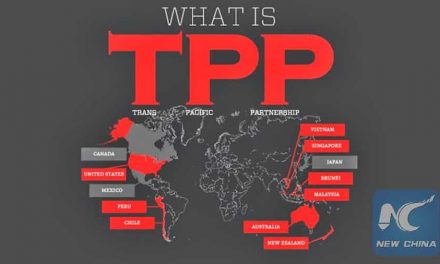Why Idle No More has resonated with Canadians
By Ken Georgetti & Maude Barlow
Published on Rabble.ca
Imagine a country where the national government introduces and passes legislation that detrimentally affects all of its First Nations communities but it doesn’t bother to consult with them. Then a chief of an impoverished northern First Nation community goes on a hunger strike to get a meeting between the First Nations leadership and the government several months after this legislation was passed. Does this have implications for all Canadians? You bet it does. This will not be the last time that individuals or groups will take such extreme measures in response to the federal government’s public policy process or lack thereof.
All Canadians owe a debt of gratitude to Chief Theresa Spence’s and Elder Raymond Robinson’s hunger strikes. These individuals are calling attention to an intolerable situation among First Nations communities. They are also highlighting concerns common to many Canadians about dangers posed by unilateral government actions to the natural environment and the state of our democracy.
The hunger strike has galvanized widespread protests by youthful and energetic supporters of the Idle No More movement. These are all predictable responses to a government that routinely bullies anyone who does not agree with it, refuses to consult, and prefers ideology over evidence when developing and implementing public policy.
Of major concern to First Nations and many other Canadians are two omnibus budget bills (C-38 and C-45) that were imposed upon the country during the past year. These bills each comprised hundreds of pages and contained legislative changes that went far beyond what was contained in the budget.




